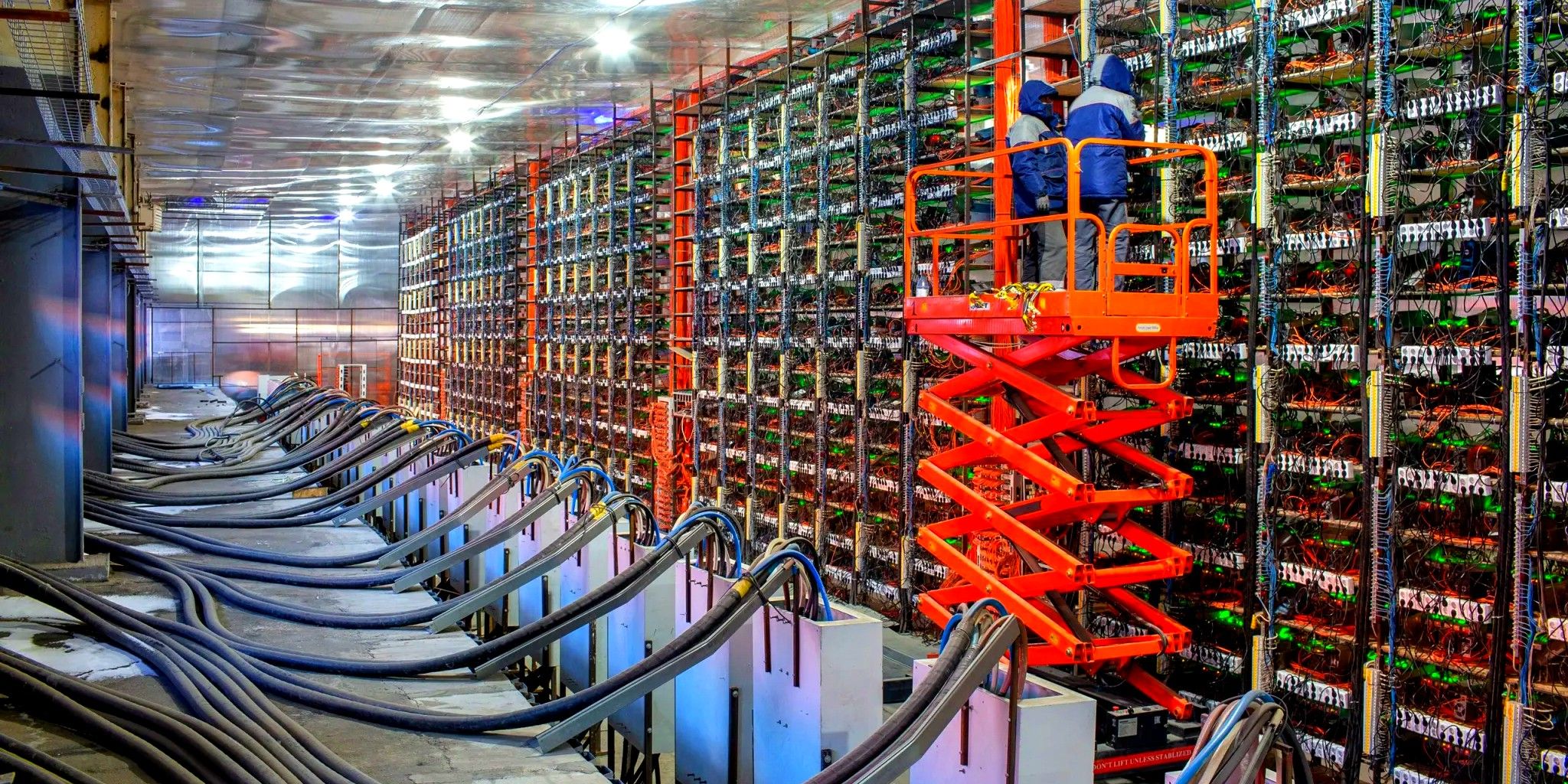Bitcoin is just as famous for its limited supply as it is for its use of cryptocurrency mining to function, but mining for new bitcoins will eventually become unprofitable as its limited supply runs out. Satoshi Nakamoto, the mysterious creator of Bitcoin, designed BTC to be a ‘hard’ commodity like gold that cannot be inflated away by central banks, requiring crypto mining to create. If mining becomes unprofitable, then miners will shut down and the network will become more centralized, threatening its fundamental value proposition.
Every four years, the Bitcoin blockchain’s ‘block reward’ is cut in half, which cuts miners’ income in half and begins a 2-year price rally. Beginning at 50 BTC in 2009, mining rewards have since dropped to 6.25 BTC per block, and by 2032 miners will be earning less than 1 BTC. Since BTC has six decimal places of divisibility, the block reward will trend toward zero every four years until finally running out in 2140. Bitcoin mining is energy intensive and has some environmental impact, costing miners a small fortune to run their mining operations and necessitating higher prices to remain profitable.
As Decrypt discusses, after all 21,000,000 bitcoins have been mined the Bitcoin miners will have to rely on transaction fees to sustain their business model, which may or may not be sufficient depending upon how in-demand the blockchain is. Because each block in the blockchain has limited space and is created (roughly) every 10 minutes, competition for block space can become fierce when the network is under high demand, causing the blockchain’s transaction fees to skyrocket. These sky-high transaction fees are assumed to be the long-term solution to Bitcoin’s long-term mining problem, but will require that Bitcoin’s mainnet only be used for high-value transfers, while low-value transfers will have to be handled by ‘Layer 2’ solutions such as Lightning Network.
The Crisis Will Hit Much Sooner Than 2140
Most outlets that discuss the future of Bitcoin mining seem to assume the mining crisis will hit after the last fraction of a BTC is mined, but miners will likely be facing this crisis within a few decades. By 2041, BTC miners will be competing to earn just under 0.2 BTC, and by 2061 the reward will be 0.006 BTC, requiring a multi-million dollar price tag (pre-inflation) to remain profitable at the same energy costs. Unless an energy-efficient crypto mining chip can be designed for Bitcoin, or green crypto mining options become widely available, miners will have to rely on exorbitantly high fees or be forced to shut down their operations.
On the pessimistic side, if enough miners shut down then the remaining miners could form cartels to charge huge transaction fees and potentially grant themselves the ability to censor transactions, which could crash demand for Bitcoin altogether and result in the death of the blockchain. On the optimistic side, miners have the ability to change the Bitcoin protocol if they can reach a majority agreement to do so, which could allow for increasing the hard cap on BTC or switching from ‘Proof-of-Work’ mining to ‘Proof-of-Stake’ staking. However, such radical changes to Bitcoin’s core protocol and value proposition are very unlikely unless there is a compelling reason for all miners to agree on them, as crypto miners are independent agents with individual beliefs and ideological convictions, and will only agree to a massive change if the alternative is extinction.
Most people discussing this topic conclude with the attitude of “it’s not our problem“, but this doesn’t provide good incentive for casual or serious investors to buy bitcoin as a form of multi-generational wealth if it could potentially collapse on itself in the future. If BTC’s price does not rise to the millions, and if crypto mining costs don’t decrease, then Bitcoin miners will be forced to shut down en masse. If too many miners leave then Bitcoin will become centralized and corrupted, ending its fundamental value proposition. This crisis could begin within just a few decades if the profitability of Bitcoin mining declines too much for the network to remain decentralized.
Source: Decrypt





